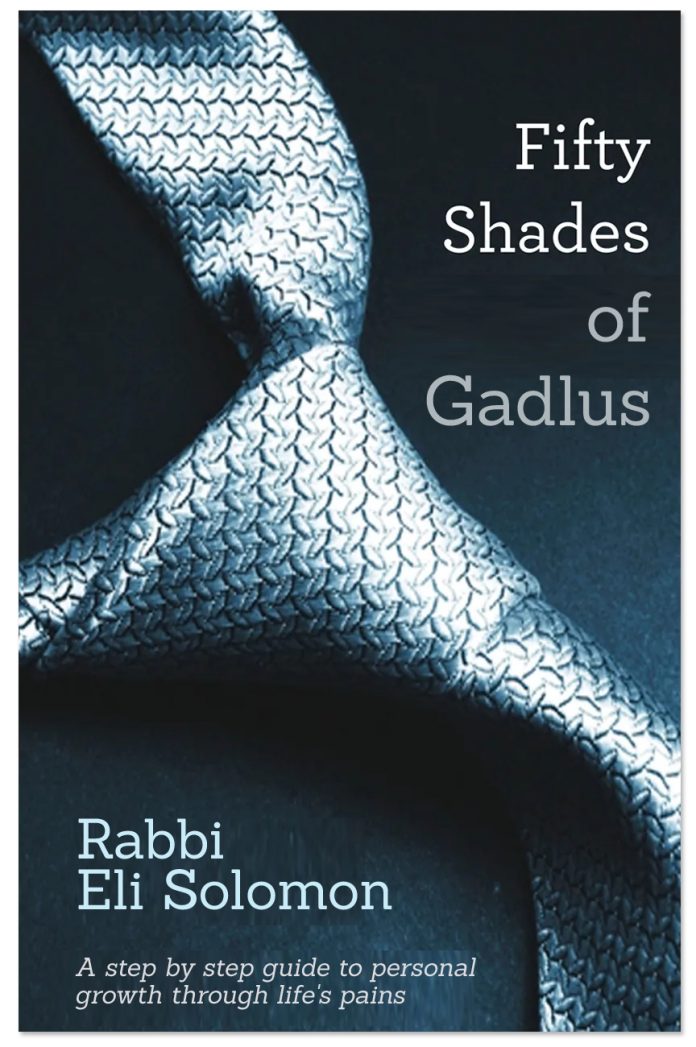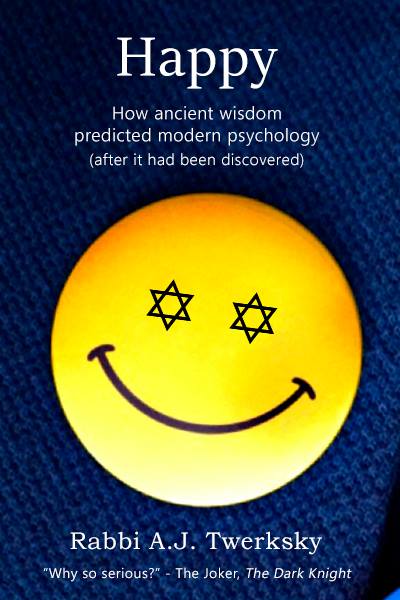A key Aish tactic in proving God’s existence, was emphasizing the unusual.
There is no nation as oppressed as the Jews.
No other nation claims public revelation.
No other book can spell the word Pizza or Hitler with this unique arrangement of letters.
This tactic is a huge part of the discovery seminar, and the idea is that this thing is so unique that it must absolutely be true.
There is a fundamental flaw to this way of thinking, that flies in the way of the scientific method.
And before you go and dismiss the scientific method as irrelevant here, let me remind you that you owe every single part of the life you live to it. The fact that you didn’t die in your childhood. The fact that you drove to the airport and then got on a plane to visit your grandmother who is somehow still alive even though she had polio and got both hips replaced. The computer you used, the electricity it’s plugged into, the teeth that are still in your head.
You owe it all to the scientific method.
When it comes to something as significant as religion, which aims to dictate every part of your day – what you do, think, and feel, it behooves you to apply the same processes as you expect from your car and medication manufacturer.
Learning Through Repeat Observation
So what is the scientific method?
I myself didn’t fully understand it until I took a course in statistics, which, by the way, I think is a basic course which should be required for any individual who is being prepared to “think independently”.
And before your eyes glaze over and you skip this section because you claim you’re “bad at math”, let me reassure you that there is no math required to understand basic statistical principles. THere, now you really have no excuse.
Here’s how basic stats work: we assume that everything is the exact same as everything else. That’s the starting point. Nothing is special, a brick could just as easily cure cancer as any other drug, and a boat could fly just as easily as a plane.
Ah, but now you’re claiming that some things are not like other things? That some oils are essential, others not? That some people are smarter than other people? That doing X will lead to Y? You need to establish this as true by testing your hypothesis and proving that the difference is significant.
How do we test? We observe, we measure our results, and see if one thing is significantly different than the other thing.
What makes something significant? That’s what statistics are all about. Some things are very significant. Other things, slightly. Sometimes it’s hard to tell what part is significant because there are a few factors going on. That’s where stats get complicated, and can also be manipulated.
But the basics of it all, is we start with everything being considered equal, in stats this is called the null hypothesis, and this is always the default. So much so, that in any experiment we run, we are simply trying to reject the null hypothesis, or fail to do so.
It’s fascinating to note that within the scientific method, even when you reject the null hypothesis, it’s always there, lurking in the corner. Your new conclusion never becomes the new null, the new status quo. “Everything is the same” is the baseline for everything, and this entitles anyone, at any time, to start running more tests to prove that gravity is really a thing.
There is no such thing as tradition, or “that’s just the way it’s done here”, within the method itself. (Of course, many people applying this are flawed, and have their own biases. There are procedures that try to correct for this, but more importantly, the idea as a whole is bigger than its anomalies, as can be seen by the number of planes that fly and diseases we are regular curing)
So in a nutshell, the way we know anything at all within the framework of science, which is the framework in which we live every part of our tangible life, is by actively examining our reality for significant patterns. And even when we find patterns that seem significant, we still remain open to the idea that actually what we thought was significant, is not.
Anomalies Are Useless
With all this said, we can re-examine the original claim, that something is so unique, that it must be true.
When measuring anything scientifically, the things that is most hated is data that is an outlier. These just throw the rest of our data off, and are often deliberately discarded when we’re trying to identify patterns of significance.
There is no one event that would ever cause the scientific community to adopt a new principle, because any phenomenon must be observed repeatedly before we can name it as significant. You could cure cancer in front of our very eyes using a special potion from a magical bottle, and we’d still dismiss your claims if you are unable to cure multiple people with potions from multiple bottles.
This is the process that every medication you consume is put through – we compare people who don’t take it (by taking a placebo instead) with the people who do, and look for significance between the two as far as the medication having an impact.
Which brings us to the title of this post – if you were trying to prove that God exists because of a few, unrelated anomalies, mind bogglingly amazing though they might be, it would never fly. This cure-all medication that you’re selling, that will result in guidance in this world and eternal bliss in the next, would never hit the shelf.
The only way you’d be able to prove God existed is if there was a phenomena that you could measure over and over again, and find significance. For example, that praying in a certain specified manner increased people’s chances of getting healed. Unfortunately, all we’ve found is that it actually makes people worse.
The often cited claim that “even scientists can’t explain X”, which somehow proves that something is true, is a complete fallacy. There are loads of things that scientists can’t explain. Most things, in fact.The miracle is the thing they can explain, those are the only things we can do anything with. (Moreover, it’s worth noting that explaining things and observing them are two separate things – we can far more easily prove a correlation than explain a causation)
Keep Logic Out of It
Now of course, is the time for apologetics to step up and say that God is something that defies norms, defies rules, and cannot be measured by such triflings as science. I have no reply to that – if you choose to absolve God of the same rigor you use when deciding whether buying lottery tickets is smart or flying in a plane is safe, you do you.
But don’t bring science back into things only when it serves you.
Don’t point to scientists who are religious.
Don’t explain to me that Torah Codes are unique in a statistically significant way, as you spend so much time doing in your seminars (deliberately dropping complicated terms so you sound smart and bypass most people’s ability to question you).
Don’t bring in physicists to explain how when the bible says six days it really means to say 13.7 billion years.
You can live in a hermetically sealed bubble of delusion if that’s what tickles your pickle, but don’t you dare pick and choose. Because if God was a medication, you’d be dead by now.




















